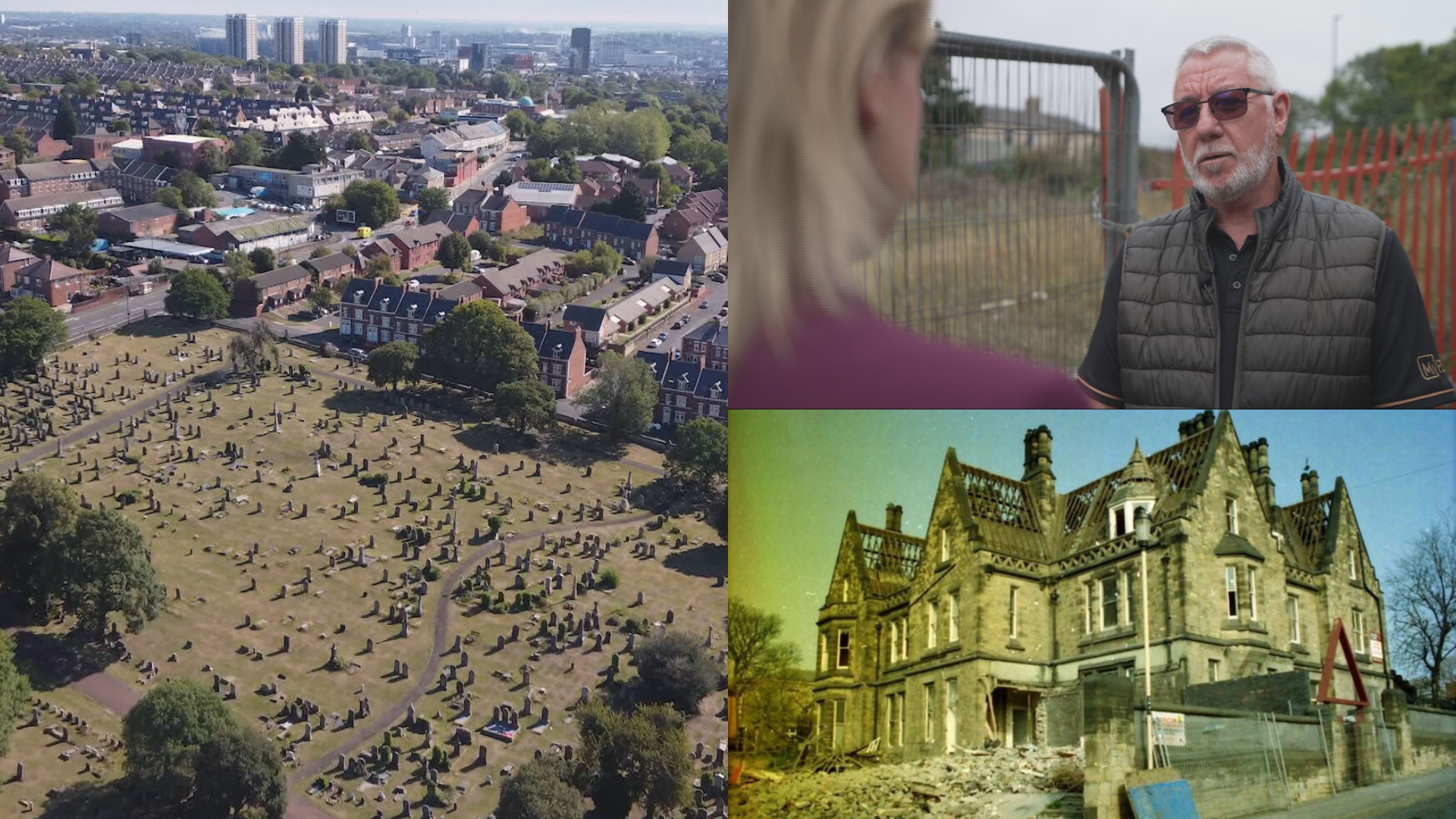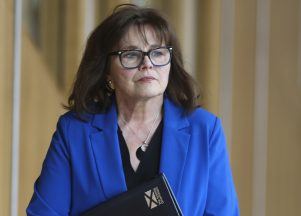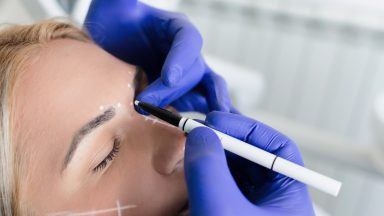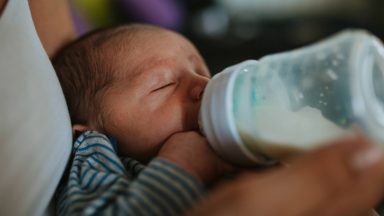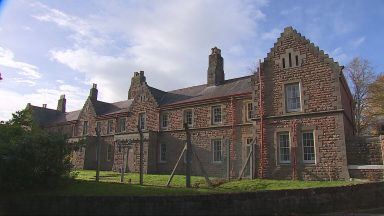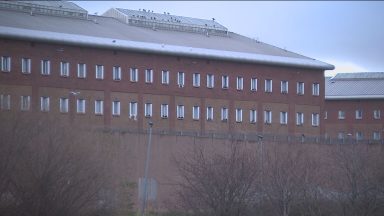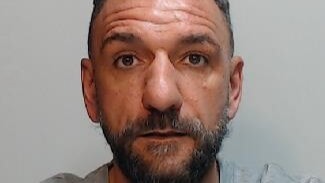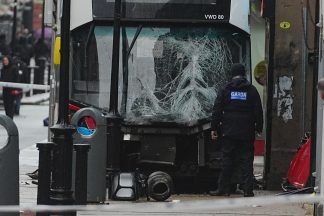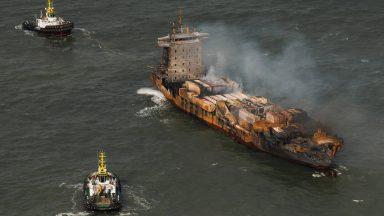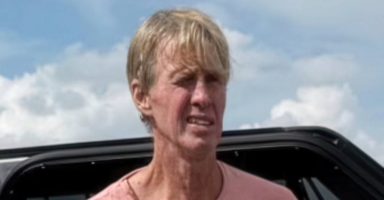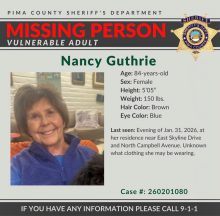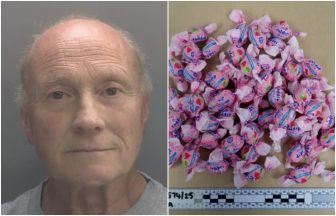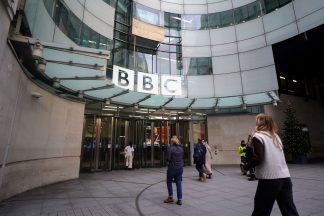Words by Social Affairs Correspondent Sarah Corker and Senior Producer Lottie Kilraine
Nearly 70 babies are buried in mass unmarked graves after dying in a Salvation Army-run institution for unmarried mothers in Newcastle, an ITV News investigation has discovered.
Hopedene Maternity Home operated between 1950 and 1973 in the Elswick area of the city and has been described by families affected as a “place of cruelty” and “like a prison”.
Baby Andrew was born at Hopedene in 1958 and lived for just two days.
His family attempted to find his grave years later, but they were told by the council that he was buried with “other babies” in an unmarked plot in Elswick Cemetery.
His death certificate stated he had died due to multiple disabilities, something his family only recently discovered.
Andrew is one of 67 babies who were born and died at the institution and then buried, sometimes in secret, in unmarked plots without the families’ knowledge.
Their existence was only discovered – after the family contacted ITV news and through freedom of information (FOI) requests.
His sister Lesley Carpenter, originally from North Yorkshire, said “there was a lack of love and respect given to those mothers and their babies”.
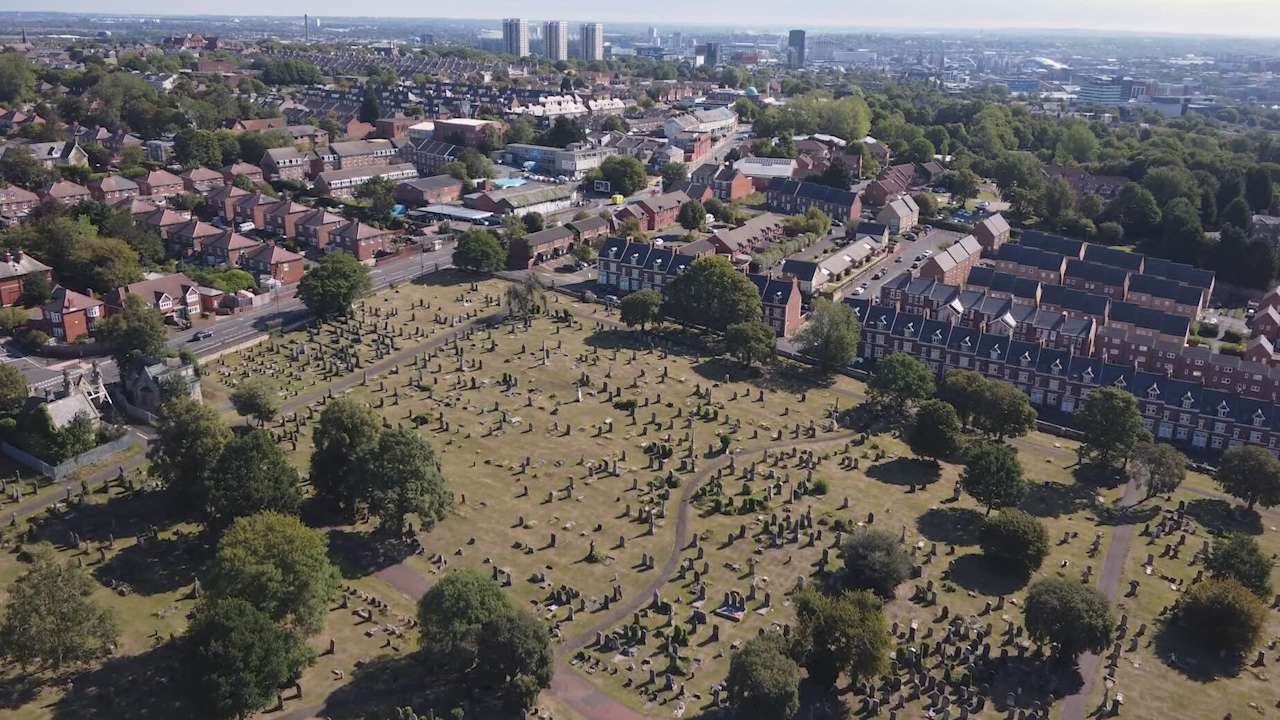
“I certainly will not forget his existence even though others then thought he was not worthy of acknowledgment of his life,” she told ITV News.
The true number of deaths at Hopedene only came to light when the Carpenter family contacted ITV News about Andrew after seeing our year-long investigation into the historic forced adoption scandal.
Between 1949 and the mid-1970s, thousands of unmarried women were sent to state and religious institutions across Britain – where infants were taken from their mothers for adoption simply because they were born outside of wedlock.
Others died through poor care. Our year-long investigation into this scandal has already exposed allegations that sick or premature children were left to die as they weren’t deemed “desirable” for adoption.
Last year, we revealed nearly 200 infants who died at eight mother and baby homes are buried in mass plots in ten different cemeteries across England.
Alan Straughton, 66, from Morecambe, Lancashire, is searching for his missing sister Ann who was born at Hopedene in 1961.
He has found her birth certificate which states she was adopted, but after that the trace goes cold.
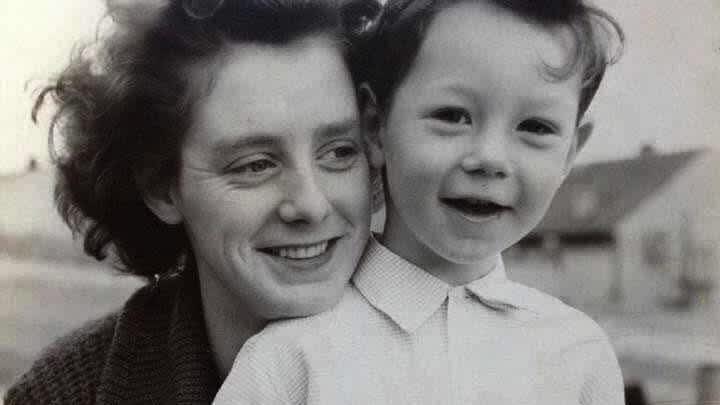
“There’s a possibility she’s had her name changed, but there’s a possibility she could be one of the babies that died,” he said. “I have the birth certificate but you just don’t know.”
Mr Straughton has been left frustrated at the complicated and costly process of tracing his baby sister and feels he has “hit a brick wall” in his search.
“I want to try and find her, my search has started at Hopedene, and now it’s ended there. There’s just no trace,” he added.
Official burial records obtained by ITV News through a series of freedom of information requests show the number of deaths at Hopedene increased in the 1960s.
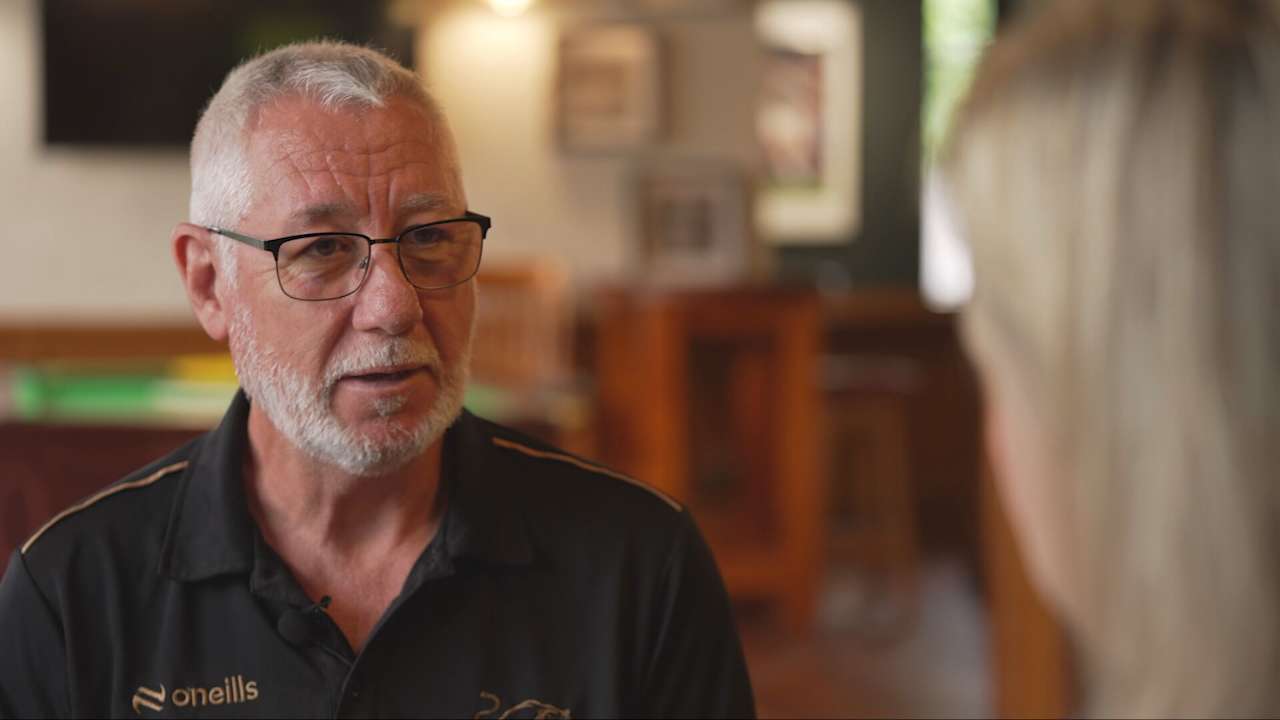
The home had a high infant mortality rate for an institution of its size, and in some years, was “significantly higher” than the regional (Newcastle) and England and Wales average, analysis of the data by Lancaster University for ITV News suggests.
Experts have said it raises serious questions about the standard of medical care.
Dr Michael Lambert, from Lancaster University, has spent a decade examining these institutions and warned the findings could be “the tip of a much larger iceberg of human tragedy within the forced adoption scandal”.
“The stories presented about the treatment of young, vulnerable, unmarried women at Hopedene are appalling even by the admittedly low standards of the day,” he said.
“The number of infant deaths is shameful and shocking, particularly as they increase at the home when maternity care improvements meant they were decreasing in Newcastle and the rest of the United Kingdom.
An ITV News investigation discovered the existence of the unmarked graves of 67 babies through freedom of information requests, Social Affairs Correspondent Sarah Corker explains
“Although Hopedene is hardly worthy of the name ‘home’ given the regime does not appear to have afforded basic care or decency to those who entered,” Dr Lambert added.
Newcastle City Council’s initial response to our FOI stated there were 24 unmarked graves connected to Hopedene, but after we discovered Baby Andrew was not one them, the council admitted they had “missed” 43 baby graves.
They put the error down to old burial registers where the writing contained was not always legible.
This underlines the ongoing difficulties faced by families still searching for the truth.
Testimony gathered by ITV News from ten different families paints a dark picture of life at Hopedene Maternity Home.
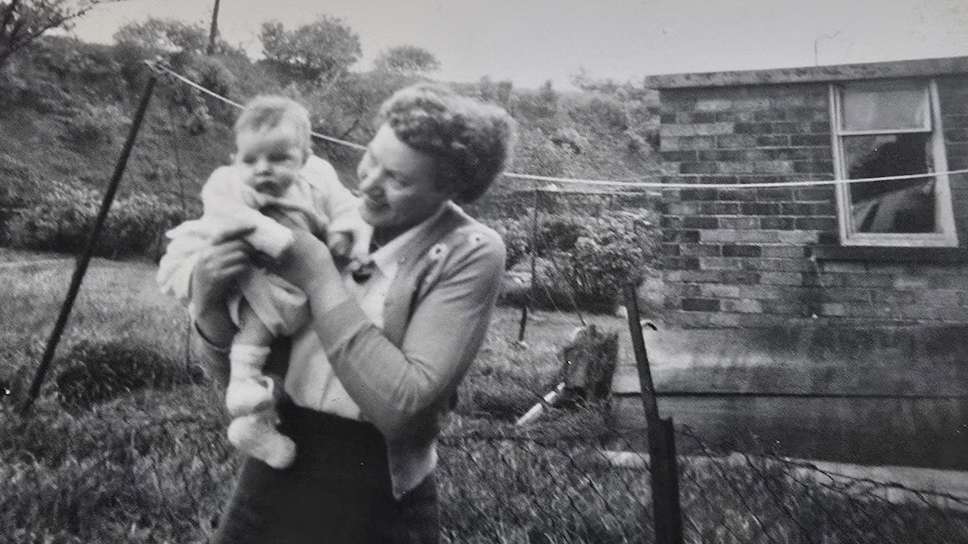
Carole’s story: ‘She carried the trauma and guilt for life’
Carole McLarnon was born there in 1960 and adopted as a newborn baby. Her mother Enid was 21, unmarried and pregnant.
“People would spit on her in the street,” Carole recalled how her mother only had bad memories of Hopedene.
“She told me that mums weren’t allowed to cuddle the babies, not allowed to touch them when they cried,” she said.
“When she went into labour and asked for help, no one came. I had already been delivered by the time a nurse came.”
Six weeks later Carole was adopted by a local family. It wasn’t until many years later that she traced her mother who “carried the trauma and guilt for life of giving me up, but she didn’t haven’t much choice”.
“Her family said to tell people that I had died. ‘If anybody asks that baby is dead’ her father told her, so it was a bit of a shock when I turned up decades later,” she added.
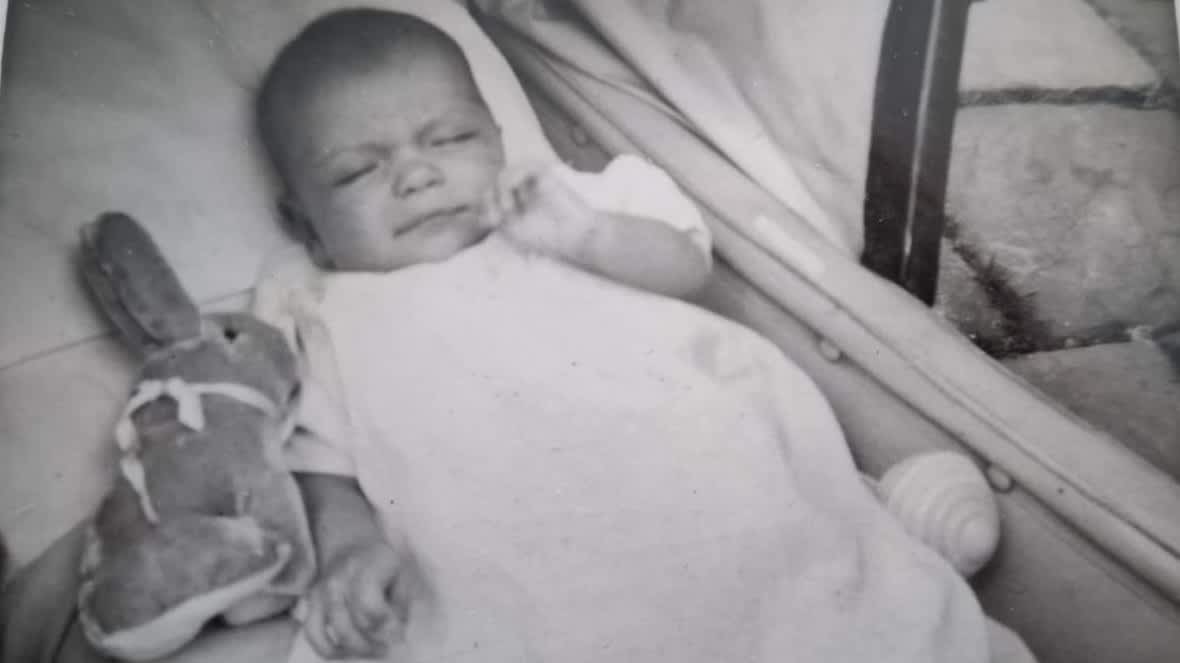
Janice’s story: ‘I got shivers to see my birthplace’
Janice Smith was born at Hopedene Maternity Home in 1957. Her mother, who was from Carlisle, had been told she couldn’t keep her baby, but cared for her for three months, before she was adopted by a married couple.
All Janice has to remember her time with her biological mother is a black and white photograph, taken on the cobbles outside the maternity home, of a small baby in a pram and with a soft toy rabbit.
As an adult she has visited the location of where the photograph would have been taken and stood on the spot her mother would have once been.
“I got shivers to see my birthplace, my photo in my hand and standing exactly where me, in my pram with my little rabbit, and my Mum would have been,” she said.
ITV News has also heard accounts of heavily pregnant women forced to scrub floors and denied pain relief in labour to ‘”teach them a lesson”.
“My birth mother stayed with me at Hopedene for three months, and she would have been made to clean and scrub the place,” Janice said.
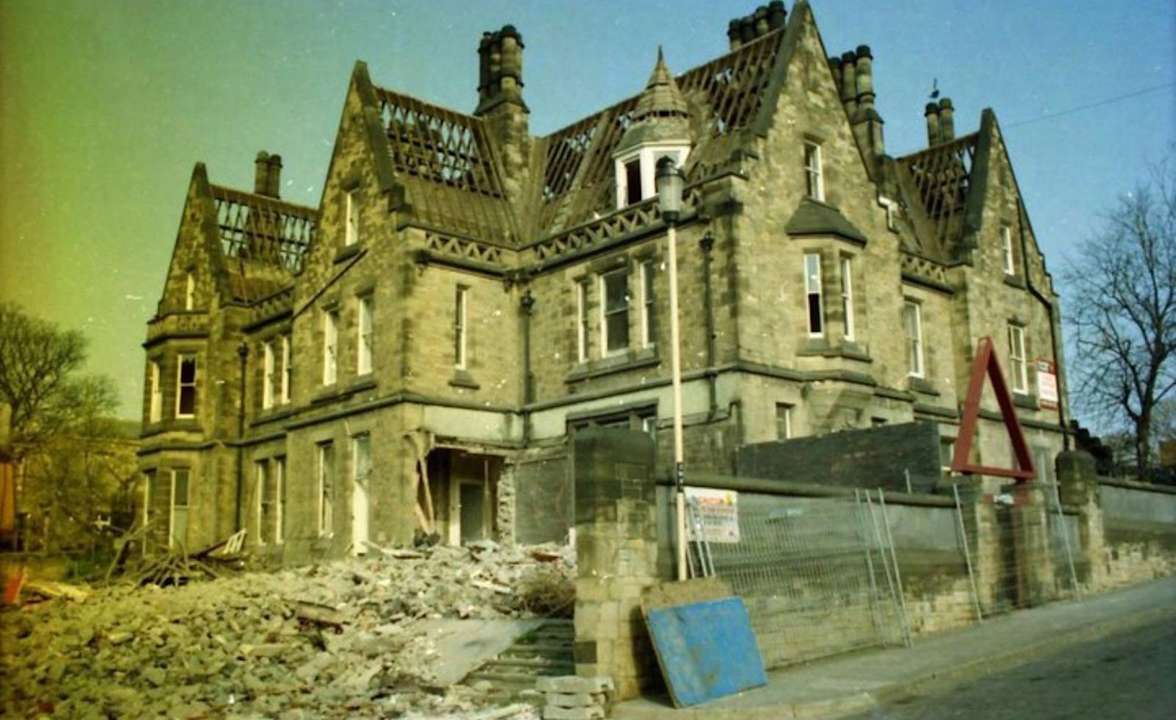
John’s story: ‘Hopedene was like a prison’
John White, 71, was born in Hopedene in 1954. His mother was 16, pregnant and unmarried. His father was of South Asian heritage.
“Anyone born out of wedlock at the time was frowned upon, and I had darker skin than others which was even more frowned upon,” he recalled.
John was later sent to an orphanage until the age of five. He considers himself “lucky” because “a forced adoption had been lined up”, but his grandmother stepped and successfully gained custody of him.
John’s mother later told him that Hopedene had a reputation of being “like a workhouse – doing laundry, scrubbing floors and pregnant women working for their keep”.
“My mother told me Hopedene was like a prison,” he said.
“I lived on the same street as Hopedene growing up and was aware of the reputation of the place. It was for ‘naughty girls’ – not ‘naughty men’ – which was a tragedy really.”
In 2021, an inquiry by the Joint Committee of Human Rights concluded that the State bore ultimate responsibility for the suffering inflicted on vulnerable women and their children, calling on the government to issue an official apology.
Four years on, survivors are still waiting.
Former prime minister Gordon Brown has called on the government to issue a formal apology for the state’s role in the “terrible tragedy” of historic forced adoptions, in an exclusive interview with ITV News.
In a significant intervention, the former Labour PM, who’s time in office led to similar high-profile apologies, is calling for an official apology in the House of Commons when MP’s return from their Summer break, to acknowledge “the damage that was done”.
A spokesperson for the government described historic forced adoption as an “abhorrent practice that should never have taken place” and “our deepest sympathies are with all those affected”, but fell short of issuing an apology.
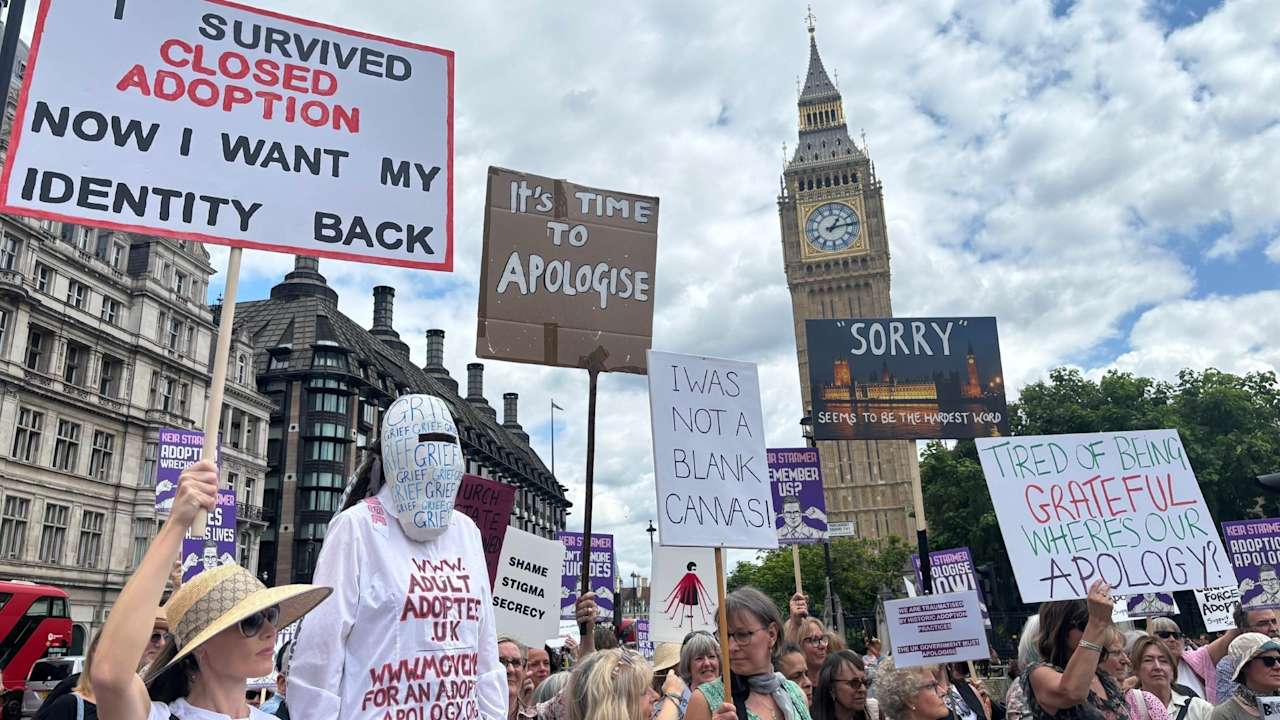
A spokesperson for Newcastle City Council issued a apology to the families affected and said burial records had been missed due to a “combination” of factors including the “fragile condition and legibility of some registers”, and Hopedene being historically recorded under a different address.
In response to the allegations raised about Hopedene, a Salvation Army Spokesperson said: “We are deeply saddened to hear of the traumatic experiences that some people endured in the care of The Salvation Army decades ago.
“We acknowledge that there are some who did not always receive the support they needed and deserved, for which we are deeply sorry.
“We are grateful to those who have shared their painful stories with ITV, these are important stories that should be heard.
“Not knowing where your baby is buried is incredibly traumatic and if there are former Hopedene mothers who have experienced this, please get in touch. We cannot promise that our archives will be able to answer your questions but we will share what we can.”
If you have been affected by the issues in this report, please visit the links for help and support:
- Movement for Adoption Apology – provides information on forced and coerced adoption in the UK and around the globe
- Adult Adoptee Movement – provides information and support for adult adoptees around the UK
- PAC UK – Specialist therapy, advice, support, counselling and training for all affected by adoption and permanency
- The Diocese of Winchester has issued an appeal for information, find out more on their website here
- Safe Spaces – an independent service offering confidential support to survivors of Church-related abuse on 0300 303 1056 or on their website
- Samaritans is an organisation offering confidential support for people experiencing feelings of distress or despair. Phone 116 123 (a free 24-hour helpline)
Follow STV News on WhatsApp
Scan the QR code on your mobile device for all the latest news from around the country


